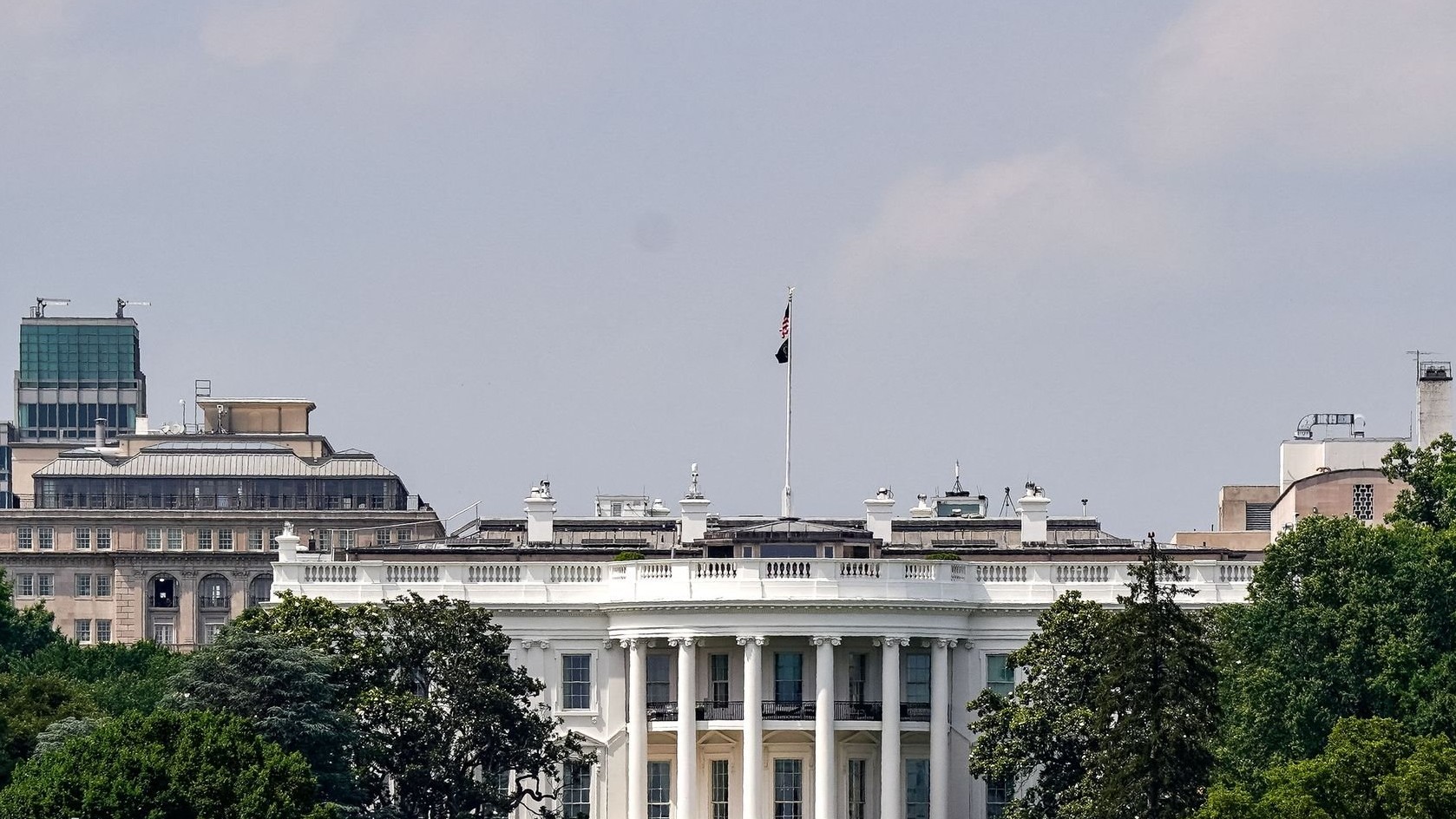Washington, June 27 — In a quiet move that’s stirring concern among human rights advocates, the White House has proposed major funding cuts to nearly two dozen global programs that investigate war crimes and support justice in countries like Ukraine, Myanmar, Syria, and others facing deep scars of conflict.
The Office of Management and Budget (OMB), which advises on where and how the U.S. should spend its money, issued the recommendation on Wednesday. While this decision isn’t final, it sends a strong signal. It puts the ball in the State Department’s court, where Secretary of State Marco Rubio and his team must now decide whether to defend the survival of these crucial programs.
These aren’t just numbers on a spreadsheet. Behind each initiative are survivors of torture, victims of sexual violence, families torn apart by war—people who have been waiting years for justice. These programs have helped document atrocities, build legal cases, and support local justice systems in places like Afghanistan, Colombia, Sri Lanka, South Sudan, Belarus, and the Gambia.
Sources familiar with the matter told Reuters that even programs that are instrumental in gathering evidence of Russian war crimes in Ukraine—like those led by Global Rights Compliance and Legal Action Worldwide—are among those at risk of being scrapped.
As one official noted, “These are programs that have been running for decades, through both Republican and Democratic administrations. They’re not just about law; they’re about humanity.”
Among the efforts now in jeopardy is an $18 million grant supporting Ukraine’s Prosecutor General’s Office, managed through Georgetown University’s International Criminal Justice Initiative. This funding plays a vital role in preserving the truth about atrocities committed in Ukraine since the 2022 Russian invasion, where over 140,000 war crimes cases have already been opened.
The cuts also threaten work being done to hold Myanmar’s military accountable for crimes against the Rohingya, and to document abuses by the Assad regime in Syria.
While these cuts won’t directly impact Ukraine’s ongoing defense against Russia, advocates stress that pulling support for justice and accountability sends a powerful message—that impunity is acceptable.
One source warned that even if Secretary Rubio steps in to save some of these programs, “there may be no one left to run them.”
The recommendations come as part of a broader pattern of deprioritizing global human rights under the current administration’s America First policies. For many, this feels like a step away from the values the U.S. has long claimed to champion: justice, accountability, and the rule of law.
There is still a narrow path for appeal. The State Department has until July 11 to push back—if it can clearly demonstrate how saving these programs aligns with Washington’s priorities.
But for victims around the world, time is not just money—it’s justice delayed, and potentially, justice denied.








